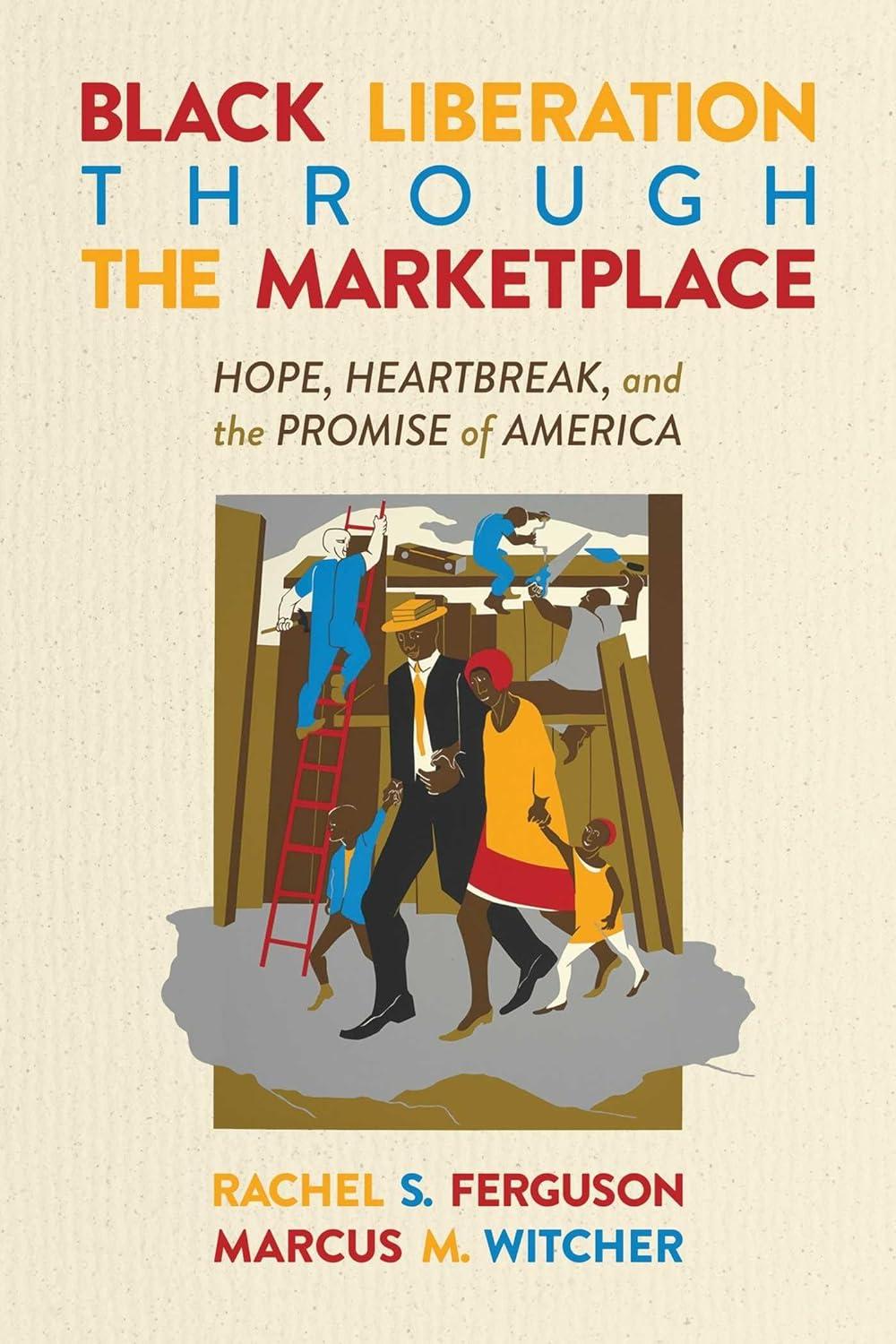Beginning in Chapter 3, the authors analyze the historic black American experience through the lens of classical liberalism. Contemporary progressives often accuse their opponents of downplaying the past suffering of black Americans, but Ferguson and Witcher’s unflinching examination of the degradation and violence blacks endured both before and after the abolition of slavery makes them immune from such criticism. More importantly, they are able to show effectively the extent to which that suffering resulted from the failure to apply classically liberal principles to blacks.
For example, they discuss the extent to which blacks were accorded freedom of movement, security in their property, freedom of contract, and the advantages of the rule of law in general. These basic legal protections too often were not present for blacks in the same way they were for whites. Soon after Reconstruction ended in the South, black men in some states could be arrested on flimsy pretexts for petty offenses, imprisoned, and then leased out as forced labor to mining companies and agricultural interests. (Arrests and imprisonments usually spiked just before the harvest, when the greatest number of field hands was needed.) Tens of thousands of convicts died under harsh conditions. Elsewhere, local governments sometimes stripped blacks of their gun rights, leaving them defenseless against mob violence when racial tensions ran high. Such tensions were often the result of black-owned businesses’ competing effectively with white-owned businesses, and law enforcement on occasion stood aside while whites destroyed black citizens’ property. Of course, the most egregious rights violations were the thousands of lynchings that took place in the period between Reconstruction and the mid-20th century.
Ferguson and Witcher stress the resilience of the black population during these years, calling attention to the entrepreneurs and institutions of civil society that both provided effective resistance to contemporary oppression, and laid the foundation for the eventual successes of the Civil Rights Movement. An entire chapter is devoted to the black church and its role in forging a black American identity during the antebellum period and beyond. Booker T. Washington, who is often derided today as a collaborator with white supremacists, receives favorable treatment in Chapter 6; the authors highlight the constraints under which the Tuskegee Institute had to operate and explain how Washington helped reduce white opposition to black educational and economic improvement. Moreover, he actively worked behind the scenes to improve the political climate in which blacks lived. For example, President Theodore Roosevelt’s nomination of Thomas Goode Jones to a federal judgeship in Alabama on Washington’s recommendation was a pivotal act that led to the end of convict leasing.
